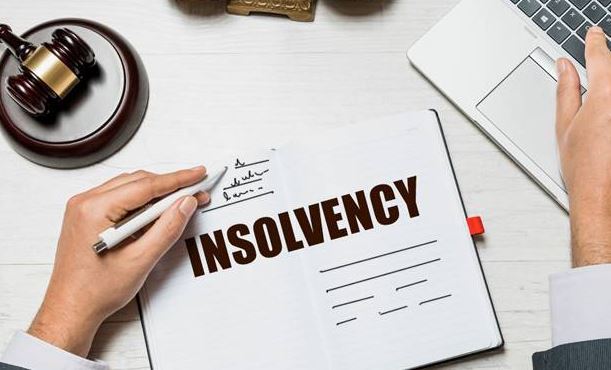If your business is insolvent or struggling to pay its debts, it’s important to seek specialist advice from a qualified and registered insolvency practitioner as soon as you can. Be wary of inappropriate insolvency advice that could lead to illegal phoenix activity.
Insolvency advice to watch out for
Registered liquidators and trustees will provide you with sound insolvency advice that you can rely on. But some insolvency or pre-insolvency advisers suggest actions designed to help directors avoid paying their creditors and create new companies to continue on without debts.
This is illegal phoenix activity and can result in serious penalties. Following this advice could put you at risk of a fine, criminal conviction or even a jail term.
Be wary if an adviser:
- contacts you with advice, especially after your creditor has taken court action
- suggests you transfer your assets to a third party without payment
- offers advice on restructuring your business to avoid paying debts or other obligations
- offers you a fee based on a percentage of your debt or obligations
- tells you they know a liquidator who will protect your personal interests or assets
- tells you about a valuer who can under-value any assets
- asks you to provide incorrect information to authorities
- suggest you can withhold or destroy relevant records to prevent access by the liquidator or bankruptcy trustee
- suggests they deal with the liquidator or trustee on your behalf.
- encourages you to engage in any kind of illegal activity.
What to do
If your business is experiencing difficulties, it’s important to take action and get advice straight away. The ASIC website has information:
- for directors whose companies are in financial difficulty or insolventExternal Link
- about illegal phoenix activityExternal Link.
If you need to wind up your company or re-structure your business, a registered liquidator or registered trustee will be able to help you.
The Phoenix Taskforce is working to stop people promoting or engaging in illegal phoenix activity. If you’re offered advice that you think is illegal, report it to us.
Ref: ATO website










